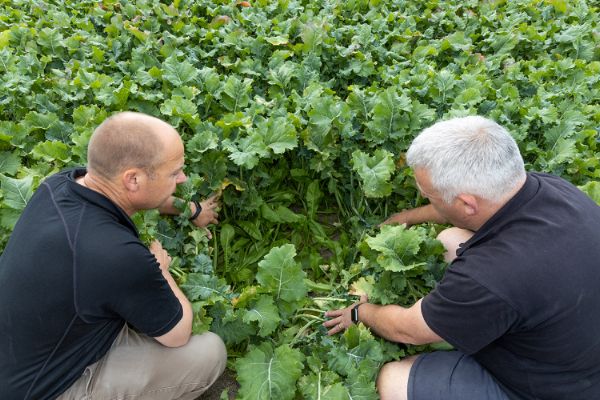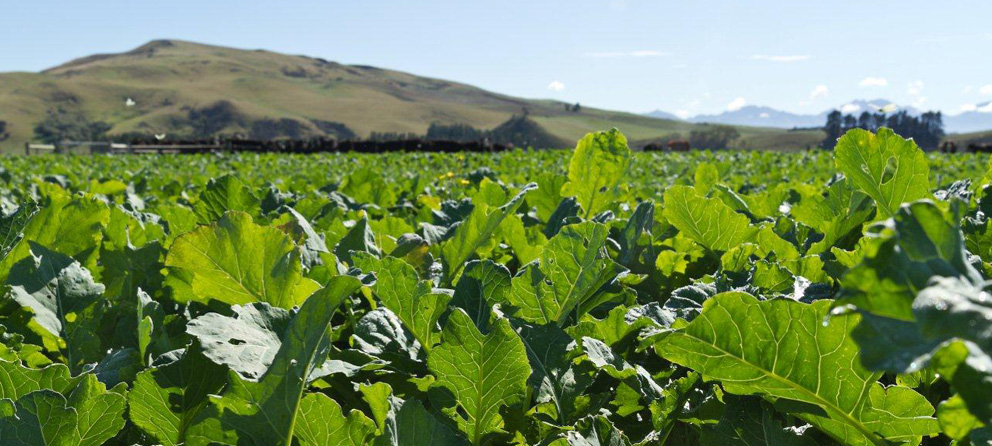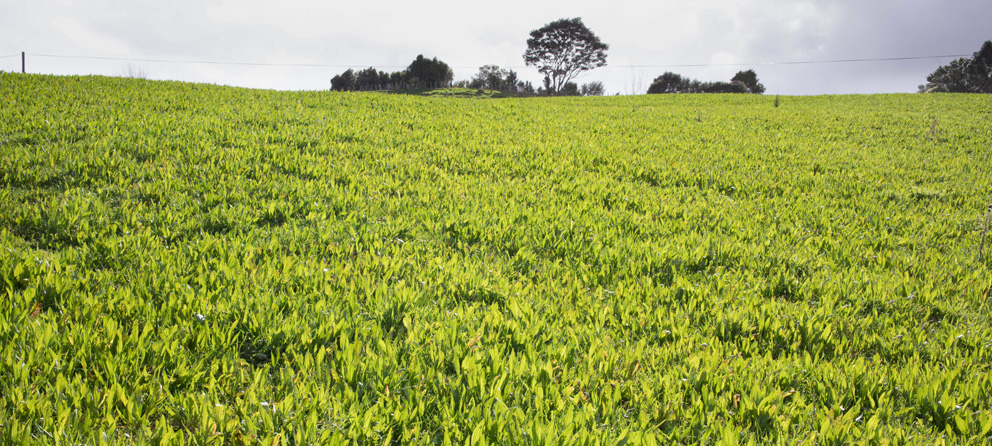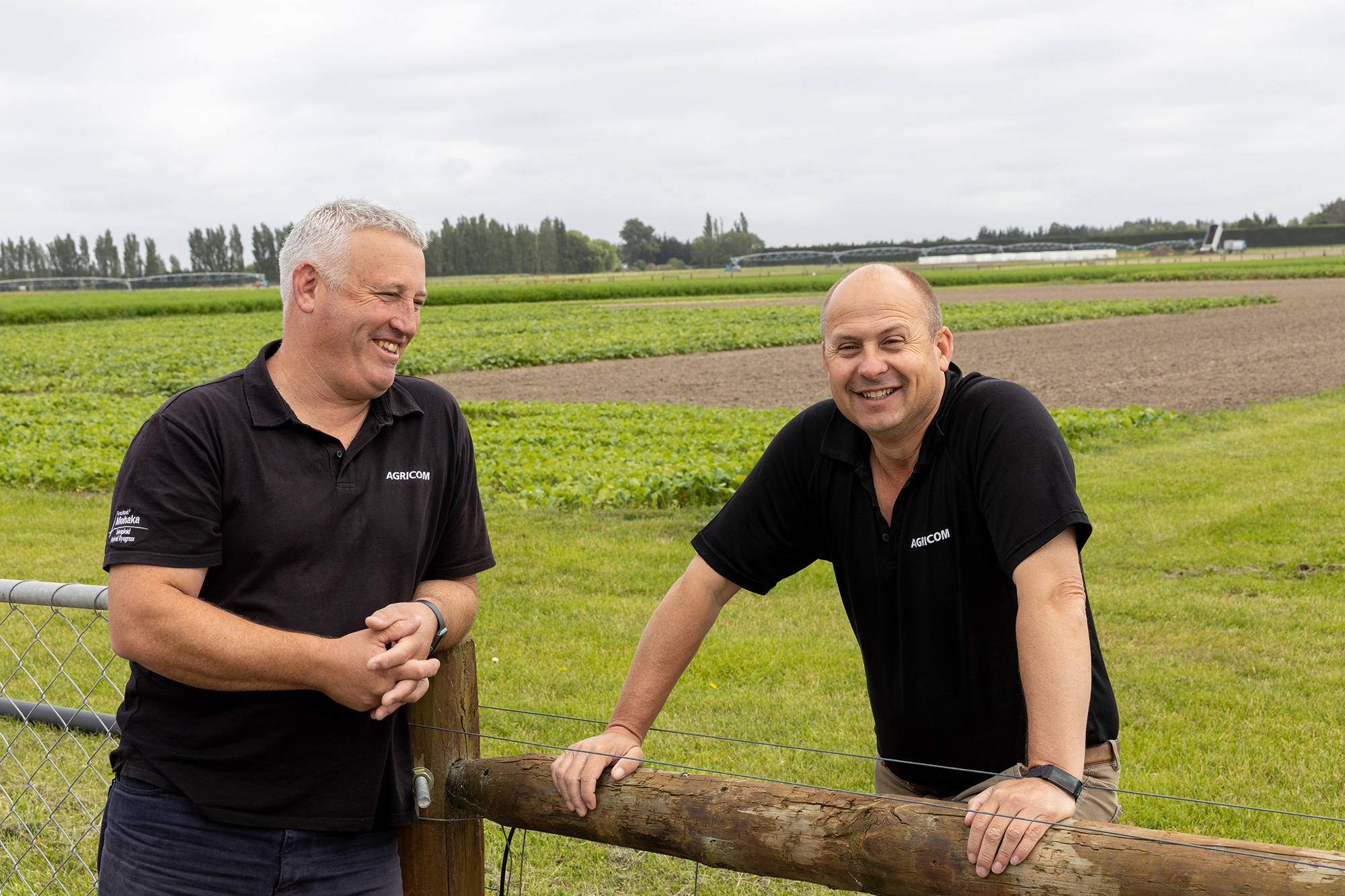- Relationship Management
-
Seed Dating
- Mohaka hybrid ryegrass
- Reason perennial ryegrass
- Manta Italian ryegrass
- Choice chicory
- Brace white clover
- Align tetraploid perennial ryegrass
- SovGold kale
- Mainstar forage rape
- Seed Treatment
- Three60 perennial ryegrass
- Attribute white clover
- Legion perennial ryegrass
- Ecotain® environmental plantain
- Revel annual ryegrass
- Seed Treatment – grasses
- Massie swede
- Spitfire forage rape
-
Season 3
- How to win a winter feed competition
- Choosing summer brassica
- Trials and tribulations of picking a favourite
- Career development in ag
- Just like a game of chess - paddock rotations
- Rethinking parasite control in NZ sheep farming
- The future of NZ farming
- Research for on-farm impact with Robyn Dynes
- Shedding the light on deer systems with Stu Stokes
- From free diving to forage innovation with Martin Harmer
- Evolution of plant breeding with Dr. Alan Stewart
- Season 2
-
Season 1
- What on earth are Endophytes?
- Ryegrass types explained
- What’s not to like about White Clover
- Ecotain – the only proven environmental plantain
- Relish the rewards of red clover
- Productive and persistent fescues
- Summer Brassicas
- You’ve got kale
- Marshdale, where the rubber hits the road
- Pasture Mixes
- Dactylis - Cocksfoot
- Capital stock – feeding the engine
- Factors affecting intake
The Al & Juddy Show
Have you ever spent long nights awake thinking about the role of the different types of ryegrasses?
Or perhaps you pass your time on the tractor considering Ecotain’s® ability to reduce nitrate leaching?
Al and Juddy are here to help explain the technical, practical, and sometimes humorous implications of forages and animal systems that keep New Zealand farmers leading the world.
More episodes of the Al & Juddy podcast will be released monthly and are available on the Agricom website, YouTube, Spotify, Apple Podcasts, Google Podcasts, Amazon Music, pod.co, Deezer or whichever app you choose to listen to podcasts.
Tune in from your tractor, ute, or couch today.
Latest Episodes
Seed Dating: Choice chicory
If you’re aiming to boost your summer pasture quality with a high performance forage, the choice is clear – choose Choice chicory.
This New Zealand-bred and certified chicory is a reliable option, whether used as a pure sward or in a mix.
Tune in to find out why Choice is the right decision for your farm.
Seed Dating: Brace white clover
Brace yourself!
Al & Juddy are excited to introduce Brace, a New Zealand-bred, large-leaved white clover that's a true all-season producer.
This resilient clover will support your farm through autumn and early winter, making it an excellent addition to dairy and beef finishing systems.
Plus, it's perfect for producing quality silage.
Seed Dating: Align tetraploid perennial ryegrass
Introducing Align, the latest ryegrass from Agricom — a high producing tetraploid perennial ryegrass.
This smart ryegrass maintains its density during challenging wet periods while delivering robust growth through summer and autumn.
Will you be swiping right on Align? Tune in!
Seed Dating: Mohaka tetraploid hybrid ryegrass
You can trust Mohaka to grow more tucker.
his powerhouse finishing pasture is ideal for the 3-4 year break between cropping systems, providing reliable performance even under stressful conditions.
Is Mohaka the perfect match for your farming system?
In this episode, discover how Mohaka tetraploid hybrid ryegrass can elevate your productivity.
Seed Dating: Reason perennial ryegrass
Al & Juddy can give you plenty of "reasons" why Reason perennial ryegrass is the perfect fit for your farming system.
With its remarkable resilience and ability to form a solid base for your perennial pasture, Reason stands out.
Its most attractive trait is its powerful spring production, ensuring productive pasture year after year.
Seed Dating: Manta AR37 Italian Ryegrass
Introducing Manta AR37 Italian Ryegrass, also known as The Beast.
This fast-starting Italian ryegrass is perfect for most undersowing situations and is naturally tolerant in many challenging environments.
Its leafy nature could be the ideal addition to your farm system, providing robust performance and adaptability. Discover how The Beast can elevate your forage game!
Note: Manta AR37 is only recommended for beef and dairy.
Introducing Al
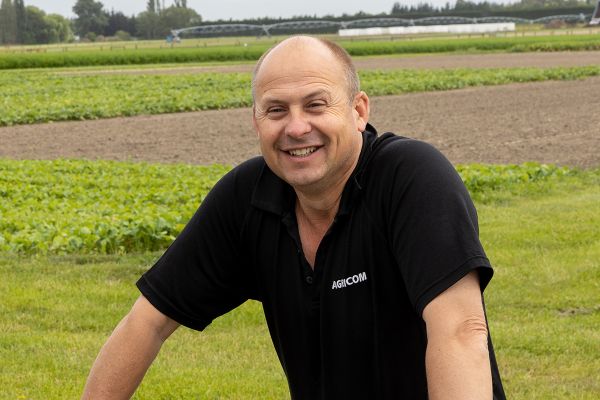
Allister Moorhead (Al) is Agricom’s Senior Agronomist and Product Development Specialist and with almost 30 years in the industry, has a wealth of practical knowledge and experience in all things agronomy. Having provided agronomic support throughout New Zealand, Australia and South America, Al has first-hand knowledge of most forage plants in most environments and situations. For a practical, down-to-earth view on a range of relevant topics, Al’s worth a listen.
Meet Juddy
With 20 years of industry experience, Dr Glenn Judson (Juddy) is Agricom’s Nutritional and Farm Systems Specialist and leads an extensive research programme aimed at developing plant-based solutions for a range of industry challenges. Glenn has travelled extensively through New Zealand and Australia providing technical support on matters of forage nutrition and grazing management. For an animal-specific view on forages and grazing systems tune in to Juddy’s unique perspective.
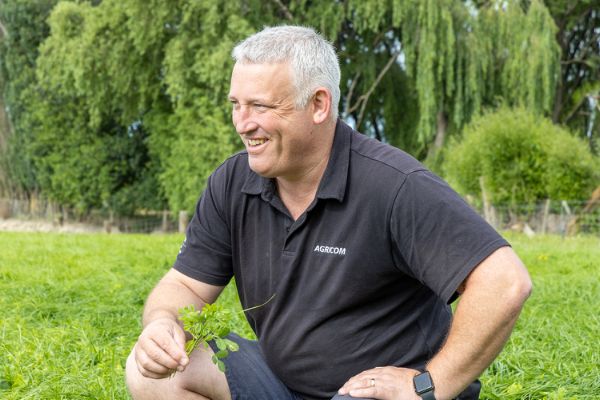
Technical
FEATURED EPISODES
Ecotain – the only proven environmental plantain
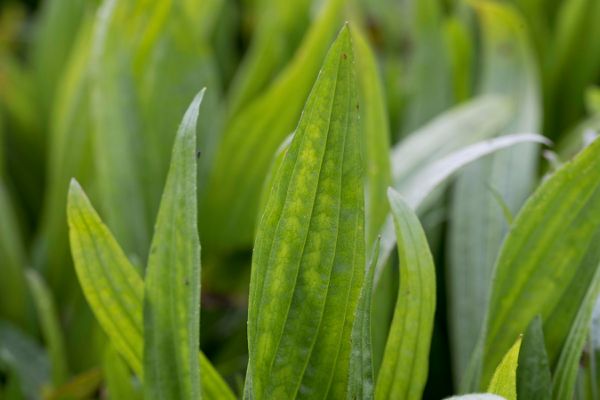
There’s been a lot of chatter about Ecotain and its benefits to the environment so Al and Juddy have jumped on to cover how it works to help solve some of the environmental problems that farmers are facing.
Factors affecting intake
From bite size and rate, to grams per bite and grazing duration, there are many factors to consider each with its own influence on animals. Tune in to grasp how these effects impact your animals.
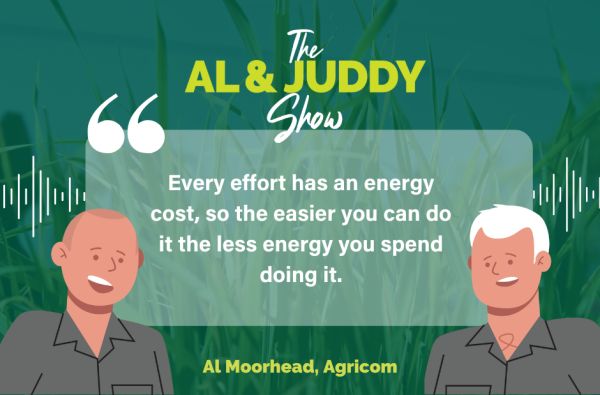
Systems
FEATURED EPISODES
Ewes should be into this
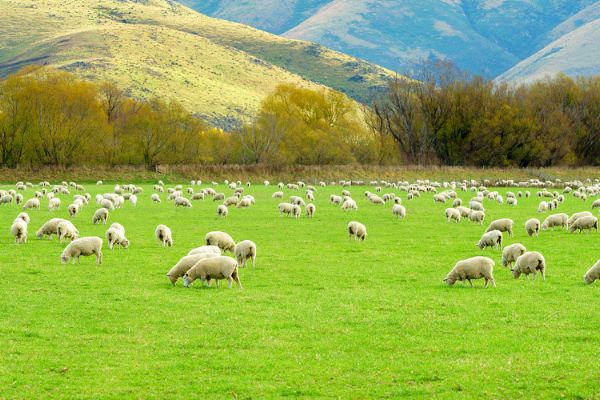
Throughout this episode, Al & Juddy have a comprehensive discussion about finishing lambs during the lactation phase.
They explore historical examples that shaped their understanding of how various forages integrate within a finishing system and provide valuable insights into how to optimise their use.
Wintering systems
Join Al & Juddy as they delve into one of the fundamental aspects of a calendar year, wintering systems.
They unpack how to select the ideal wintering system, taking into account the factors of your resource base such as how much land for the number of animals you have.
They discuss the various characteristics of different cultivars and rotations, offering insight into optimising the area you farm on, with a particular focus on the dairy system.

Relish the rewards of red clover
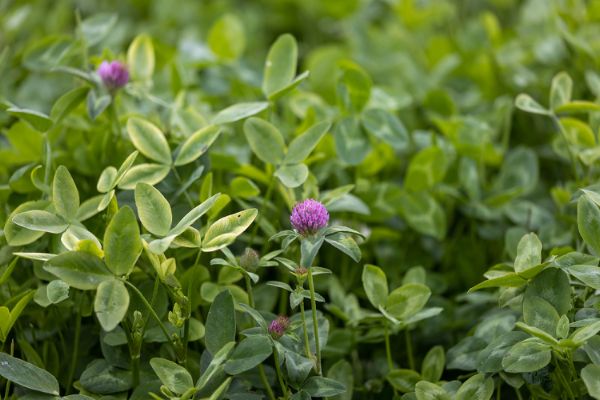
Red clover is a powerhouse in a pasture and can have real animal performance advantages, so let Al and Juddy talk you through the ins and outs of this legume, as well as how it can best fit into a farming system.
Summer Brassicas
Join the lads while they discuss and give examples on linking summer brassicas to farm systems, along with a summary on the history around summer brassica grazing management.
Including tips and tricks on getting summer brassicas reliably established and, thoughts around maximising performance across various stock classes.

- Relationship Management
-
Seed Dating
- Mohaka hybrid ryegrass
- Reason perennial ryegrass
- Manta Italian ryegrass
- Choice chicory
- Brace white clover
- Align tetraploid perennial ryegrass
- SovGold kale
- Mainstar forage rape
- Seed Treatment
- Three60 perennial ryegrass
- Attribute white clover
- Legion perennial ryegrass
- Ecotain® environmental plantain
- Revel annual ryegrass
- Seed Treatment – grasses
- Massie swede
- Spitfire forage rape
-
Season 3
- How to win a winter feed competition
- Choosing summer brassica
- Trials and tribulations of picking a favourite
- Career development in ag
- Just like a game of chess - paddock rotations
- Rethinking parasite control in NZ sheep farming
- The future of NZ farming
- Research for on-farm impact with Robyn Dynes
- Shedding the light on deer systems with Stu Stokes
- From free diving to forage innovation with Martin Harmer
- Evolution of plant breeding with Dr. Alan Stewart
- Season 2
-
Season 1
- What on earth are Endophytes?
- Ryegrass types explained
- What’s not to like about White Clover
- Ecotain – the only proven environmental plantain
- Relish the rewards of red clover
- Productive and persistent fescues
- Summer Brassicas
- You’ve got kale
- Marshdale, where the rubber hits the road
- Pasture Mixes
- Dactylis - Cocksfoot
- Capital stock – feeding the engine
- Factors affecting intake

